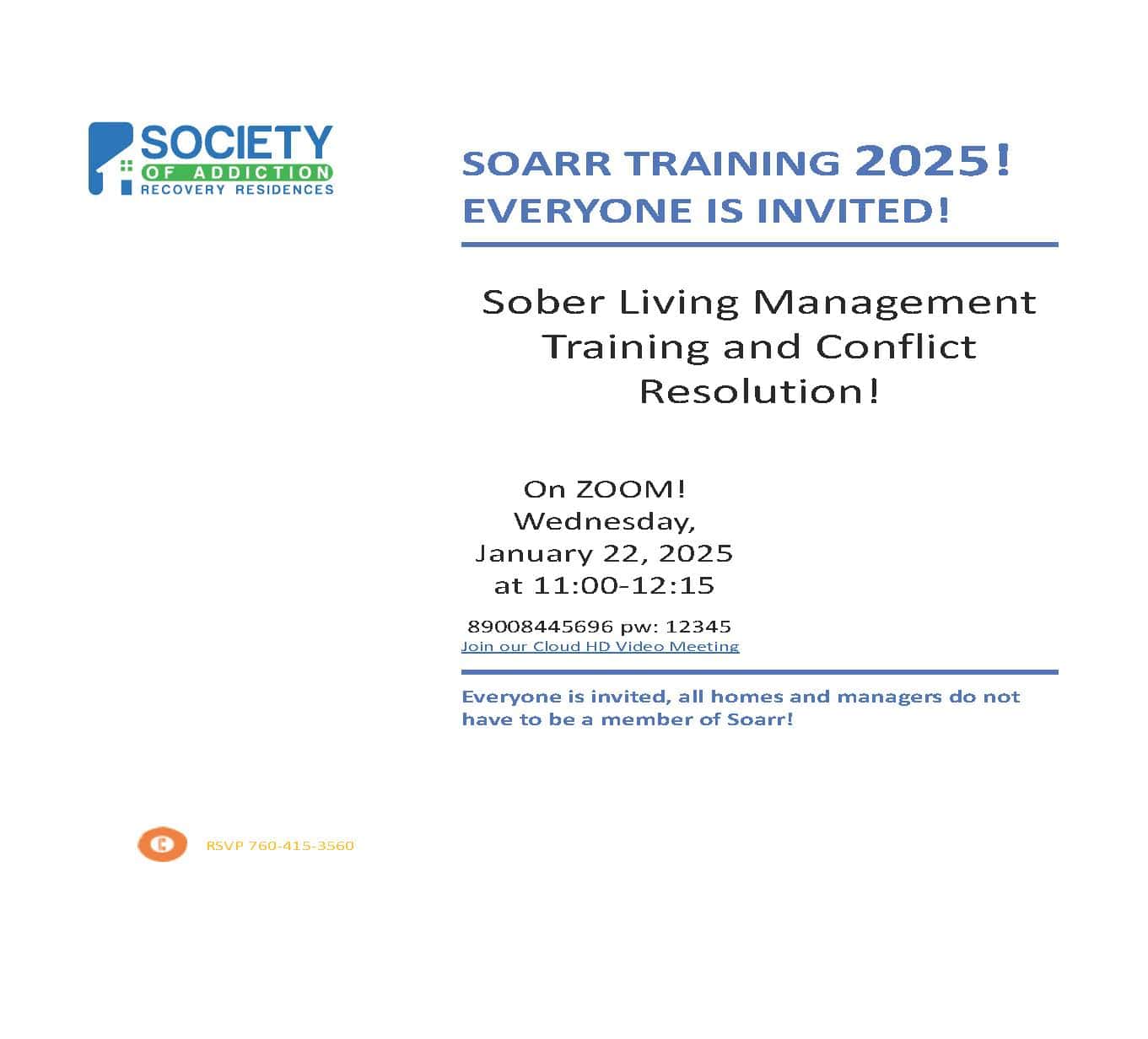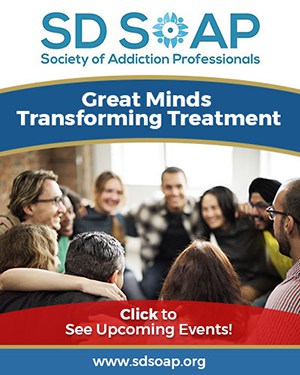Doctors, nurses, and other healthcare professionals often face stresses the general public cannot imagine. Healthcare professionals are grappling with the daunting challenges of an increasingly flawed healthcare system. Even before the COVID-19 pandemic, burnout rates among physicians had been on a steady rise.
A survey in 2023 indicated that over half of physicians experience at least one symptom of burnout. This alarming trend was further compounded by the fact that physicians, particularly females, faced one of the highest suicide rates among all professions. Even a significant portion — ranging from a quarter to a third — of medical students and trainees are reported to be grappling with clinical depression.
It’s no surprise that substance use disorder may also be a rampant problem among struggling doctors and doctors-in-training.
For Doctors, the Stresses of the Pandemic are Not Ironed Out Yet
The pandemic served as a catalyst, intensifying existing stressors. While people continued to need healthcare, the state of the system and additional stressors prompted many doctors to resign, reduce their workload, silently disengage, or opt for early retirement. This phenomenon has been in motion for several decades, so while the pandemic may have sped up the losses in the medical field, it’s been gaining momentum over time. This trend is now paving the way for potential physician shortages.
The landscape is shifting as corporations acquire primary care practices, and hospitals increasingly adopt profit-driven approaches reminiscent of corporate entities. Consequently, physicians increasingly feel like mere components in someone else’s machinery, which can cause a loss of self-worth and a sense of hopelessness surrounding their views of their profession.
Addiction Viewed Negatively by Medical Professions and Boards
Much concern also revolves around physicians and addiction. Statistics reveal that physicians succumb to drug or alcohol addiction at rates comparable to the general population. Between 10% and 14% of physicians grapple with substance addiction during their careers.
However, the actual figures might be higher due to the current punitive and dehumanizing system designed to address this issue. Addiction carries a lot of stigmas in the medical profession, even as it becomes a more treatable disorder. Doctors are under much pressure to show no pressure at all at the workplace and may view a mental health disorder or substance use disorder as a weakness.
The current system discourages physicians from seeking help, pushing them to conceal their addiction and avoid unwanted scrutiny from medical boards.
Doctors and Addiction: What Are the Signs?
Most doctors uphold high ethical standards, but like any profession, they are humans and make mistakes. Most people do not start out abusing substances for fun. Often, they choose to use them for pain relief or other medical purposes and then continue to use them for the feelings of elation that they offer. Of course, there have been instances where individuals within the medical field have misused their access to drugs. Doctors have a unique level of access to prescription medications due to their role in healthcare, and they also may be able to hide that use differently than other patients.
Here are some ways that doctors might potentially hide their drug use:
- Prescription Authority: Physicians have the authority to prescribe medications. Some may exploit this privilege to write prescriptions for themselves, family members, or friends. This can be a method for obtaining drugs without raising suspicion. Some doctors who misuse drugs may get friends or colleagues to write a prescription or even steal from other doctors’ prescription pads to get a pain pill or other addictive drug authorized.
- Medical Knowledge: Doctors possess in-depth knowledge of various drugs’ physical and emotional effects. They may strategically choose substances with shorter detection windows or less likely to appear on standard drug tests. This can make it harder to detect misuse of drugs.
- Access to Samples: Pharmaceutical reps often provide doctors with samples of medications for promotional purposes. A doctor can potentially use these samples for personal use, avoiding the usual channels of prescription and tracking. This was something that many doctors with addiction took advantage of when Oxycontin was introduced to the market. They had been fooled and unaware of its highly addictive properties, and eventually, the drug makers were sued, leading to large settlements paid out across the United States.
- Knowledge of Drug Testing Protocols: Doctors are familiar with drug testing protocols and might know the specific substances in routine tests. This knowledge could guide them in selecting substances that are less likely to be detected or knowing what substance may help mask drug use.
- Self-Monitoring and Rationalization: Medical professionals may engage in self-monitoring and rationalization, convincing themselves that their drug use is under control. They may tell themselves or others that their drug use is justified due to the stress and demands of their profession and helps them keep going to save more lives. (When, in actuality, they are much more likely to make a medical mistake if they are high on the job.)
It’s crucial to emphasize that substance abuse among physicians is similar to substance use disorder in the general population. It’s common, but not overwhelmingly. Safeguards such as peer monitoring and professional oversight are in place to identify and address such issues. Still, many people with addiction can be sneaky and find a way around them.
Recognizing the signs of substance abuse early and promoting a culture of support and intervention are essential for maintaining the integrity of the medical profession. However, it is up to the profession to understand that stigma and shame prevent people from getting help. Substance use disorder, like other mental health disorders, is a disease of the brain. It can go into remission if a doctor seeks treatment and has the proper support.
SOARR’s Mission
SOARR (Society of Addiction Recovery Residences) understands the importance of making recovery accessible for all, no matter who you are or where you come from. We are here to help support individuals in their recovery journey and professionals who help them make their way. Our organization, comprised largely of individuals in recovery themselves, is committed to helping those in early sobriety find the best living situations to continue working toward their goals while offering structure and accountability – two essential needs for long-term recovery.
Join us in our mission at SOARR to support recovering people as they begin to reclaim their lives. Learn more about our organization, network with individuals in recovery, or join our recovery housing community. Contact us at 619-828-2001 to learn more about our sober living network, the opportunities for professionals, and the importance of the recovery communities we foster.





